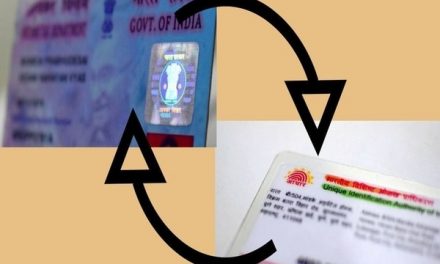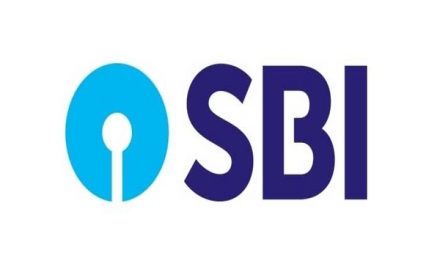NPA classification: RBI governor Shaktikanta Das on Friday said that The Reserve Bank of India has decided to provide an asset classification standstill for standard accounts that avail a moratorium between 1 March and 31 May.
In a major relief to borrowers amid the ongoing nationwide lockdown, the Reserve Bank of India (RBI) said on Friday that defaults during the lockdown will not be classified under non-performing assets (NPAs). RBI Governor Shaktikanta Das said the 90-day NPA norm – which mandates loan repayments overdue for more than 90 days to be classified as NPAs – will not be applicable on the moratorium granted on existing loans by banks. The move comes days after the government extended a 21-day lockdown to curb the spread of the coronavirus (COVID-19) pandemic, which has disrupted business around the world and threatens to push economies into recession.
Banks classify accounts as standard, substandard and doubtful, based on the number of days their payments are delayed.
Borrowers turn non-performing only after 90 days of overdue and are classified as standard prior to that, notwithstanding any delay in repayments.
RBI’s governor has also stated that the central bank recognizes that the onset of COVID-19 has also exacerbated the challenges for borrowers even to honor repayment commitments due on or before 29 February 29.
“There will be an asset classification standstill for all such accounts from 1 March to 31 May 2020,” Das said, adding that these guidelines also apply to non-banking financial companies after their boards approved policies in this regard.
However, to ensure that the banking system has sufficient buffers against future asset classification woes, the central bank has mandated additional provisions on all these moratorium accounts.
“With the objectives that banks maintain sufficient buffers and remain adequately provisioned to meet future challenges, they will have to maintain a higher provision of 10% on all such accounts under the standstill spread over two quarters, March 2020 and June 2020. These provisions can be adjusted later on against the provisioning requirements for actual slippage in such accounts,” said Das.
RBI on 27 March had said financial institutions are “permitted” to grant a moratorium to borrowers for three months from 1 March.
Among other measures, the RBI Governor announced a cut of 25 basis points in the reverse repo rate under liquidity adjustment facility (LAF), lowering it to 3.75 percent from 4 percent. Reverse repo rate is the interest rate at which the RBI borrows funds from commercial banks, contrary to the repo rate.












